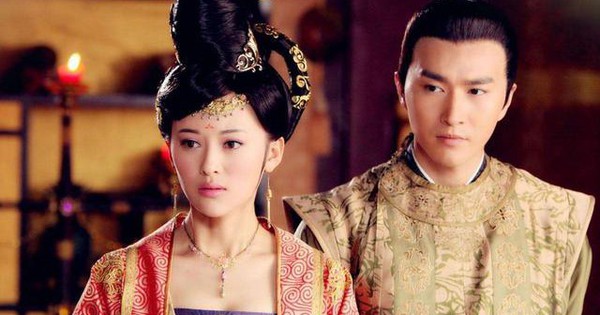Marrying a princess was not the most favorable choice In contemporary thought, the idea of a man from ancient times marrying a princess and becoming a royal consort is often seen as an incredibly glorious achievement. Many historical dramas depict a scenario where a humble scholar, after years of hard work, passes the highest imperial exam, marries a princess, and reaches the pinnacle of success. However, in reality, during the feudal society of the Tang Dynasty, marrying a princess was not an ideal choice, especially for prestigious families, including those with histories spanning thousands of years. They had no desire to marry a princess.
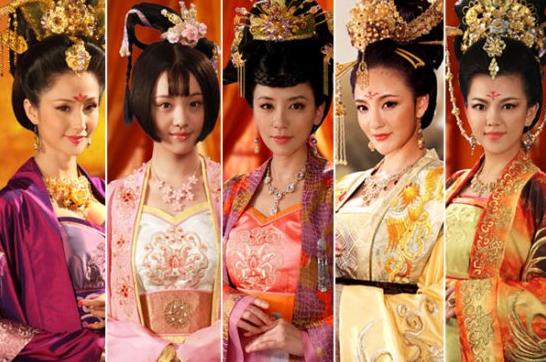
In fact, marrying a princess during the Tang Dynasty was not an ideal choice. (Image: Sohu)
Why did they feel this way? Wouldn’t marrying the daughter of an emperor place them at the top of society? Not only would their future be bright, but their family would also receive the emperor’s favor, offering numerous benefits with no drawbacks. Yet, according to analysis from Sohu, if we consider the perspective of noble families at that time, marrying a princess might seem like a “bargain” but was ultimately not advantageous. ### Reasons Why Noble Families in the Tang Dynasty Avoided Marrying Princesses Firstly, regarding the role of a wife, princesses in the Tang Dynasty were not ideal partners. As the daughters of emperors, they were pampered from a young age, often developing a haughty demeanor and temperamental personalities. While it is common for young ladies to exhibit some arrogance, marrying a commoner would allow for mutual argument and discussion. However, marrying a princess would certainly eliminate any chance for equal discourse. For instance, in the famous tale of Princess Shengping from the “Four Strikes of Kim Chi,” the son of Duke Quach Tzu-Nghi, Quach Ai, married Princess Shengping, the daughter of Emperor Daizong. During the 80th birthday celebration of Quach Tzu-Nghi, when guests respectfully honored him, Princess Shengping behaved disrespectfully. Furious, Quach Ai scolded her, saying, “Do you think you can bully others just because your father is the emperor? My father, Quach Tzu-Nghi, could also be an emperor if he wanted to!” The princess, offended, ran to the palace to complain to Emperor Daizong.
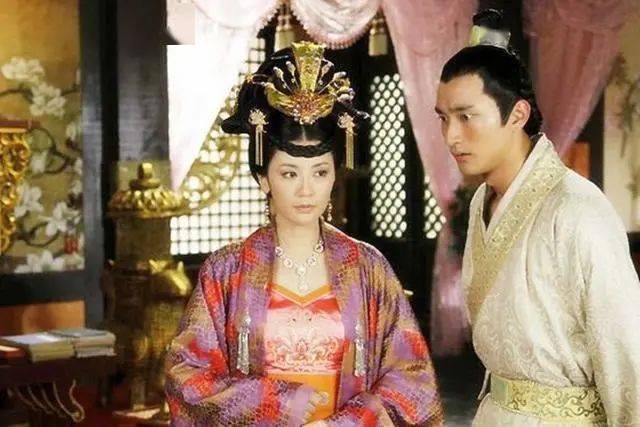
According to noble families of the Tang Dynasty, princesses, being pampered as daughters of the emperor, often exhibited arrogance and tempers. (Image: Sohu)
Upon hearing this, Emperor Daizong remarked to the princess: “This is indeed the case! If Quach Tzu-Nghi were to be emperor, let’s see if you could still be so arrogant!” When Quach Tzu-Nghi learned of this, he had Quach Ai tied up to face punishment. However, Emperor Daizong, after hearing the story, not only refrained from punishing the son-in-law but also comforted Quach Tzu-Nghi and awarded him a few gifts. As a result, Quach Tzu-Nghi gave Quach Ai a few dozen lashes and then let him go. Objectively, Quach Ai’s words were not entirely wrong. Anyone familiar with history knows that without Quach Tzu-Nghi, whether the Tang Dynasty could have quelled the An Lushan Rebellion is still a significant question. Modern historians also regard Quach Tzu-Nghi as one of the key figures who “revived the Tang Dynasty.” Quach Ai’s remarks may have been made in a moment of anger during a quarrel with his wife. Yet, even Quach Tzu-Nghi, a key figure in the Tang Dynasty, faced such issues; this was even more pronounced for other noble families. Secondly, in terms of personal character, most princesses of the Tang Dynasty were not considered suitable wives. Historical documents indicate that the Tang era was quite liberal. Princesses, having been spoiled since childhood, led personal lives that were particularly extravagant.
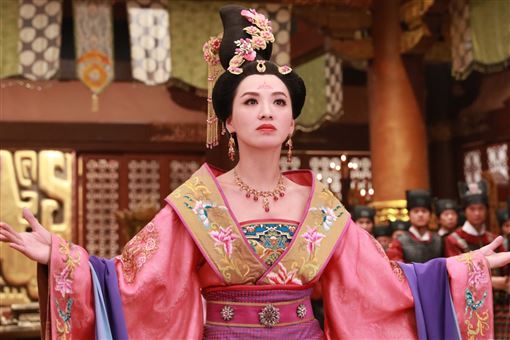
Princesses, having been pampered, led particularly extravagant personal lives. (Image: Sohu)
For example, the *New Book of the Tang* mentions the story of Princess Gao Yang, daughter of Emperor Taizong, who married the son of the famous general Fang Xuanling. This marriage seemed perfect at first. However, after the wedding, Princess Gao Yang felt unhappy and openly had an affair with a monk named Bian Ji, causing a scandal throughout the capital. When this reached Emperor Taizong, he ordered the execution of Bian Ji and over ten servants who aided the princess. The princess, not realizing her mistake, continued to blame Emperor Taizong. From then on, she showed no restraint and had affairs with various scholars and Taoist priests, showing no sorrow even at Emperor Taizong’s death. Another example is Princess Tai Ping, daughter of Empress Wu Zetian, who did not even bother to hide her affairs, openly keeping a male favorite and even gifting him to her mother. Such incidents were not isolated but rather numerous, leading to the growing infamy of Tang princesses. Thirdly, princesses, being the daughters of emperors, held a very high status. Typically, after marrying, not only did the royal consort have to pay daily respects to the princess, but even the parents of the consort had to frequently check in on her. For instance, in the story of Princess Shengping, the argument between Quach Ai and the princess stemmed from her excessive disrespect. Not only did she fail to show respect to her in-laws, but she even demanded Quach Tzu-Nghi to kneel before her.
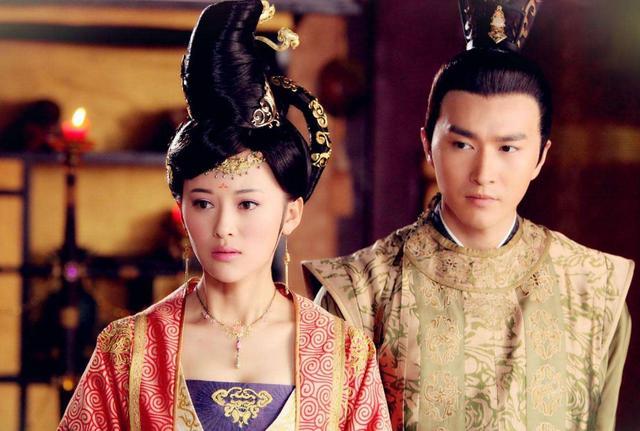
Marrying a princess was not an act of grace; noble families in the Tang Dynasty did everything possible to avoid it. (Image: Sohu)
After marrying a princess, not only did the royal consort need to pay daily respect, but even the consort’s parents had to frequently check on her. Of course, marrying a princess was not completely without benefits. At the very least, having an emperor as a father-in-law could ensure a rapid rise in the royal consort’s career, benefiting his family as well. However, these benefits were insignificant for truly prestigious families. For them, even if their offspring did not marry a princess, their careers would still flourish. Moreover, support from within their own families was much stronger than any favor from the emperor, without raising any suspicions. Regarding family glory, many noble families in the Tang Dynasty had existed for thousands of years, with their histories tracing back to the Han Dynasty. Throughout such a long history, these families had accumulated plenty of glory and did not need the grace bestowed by marrying a princess. Thus, for top noble families, the benefits of marrying a princess were quite limited. Compared to the costs involved, it was essentially a “bad deal.” ### Marrying a Princess in the Tang Dynasty: A Losing Proposition? Beyond the reasons mentioned, there was one crucial factor. During the Tang Dynasty, some top noble families did not regard the Li royal family highly. In particular, certain noble families representing the Shandong gentry believed their family histories were older and their status superior to that of the Li royal family. This sentiment is well-documented in
